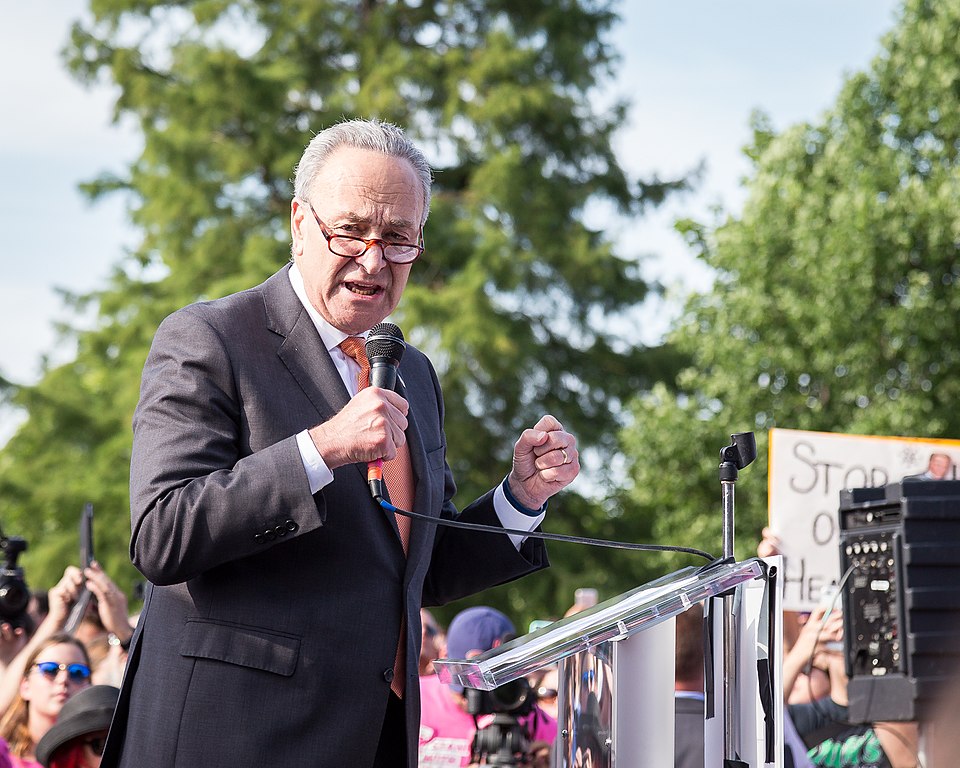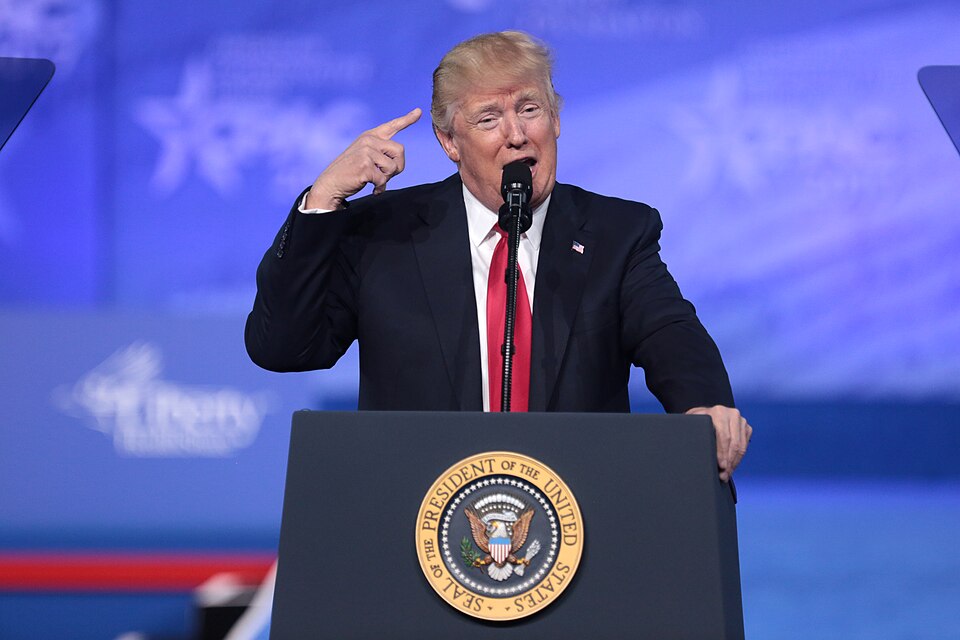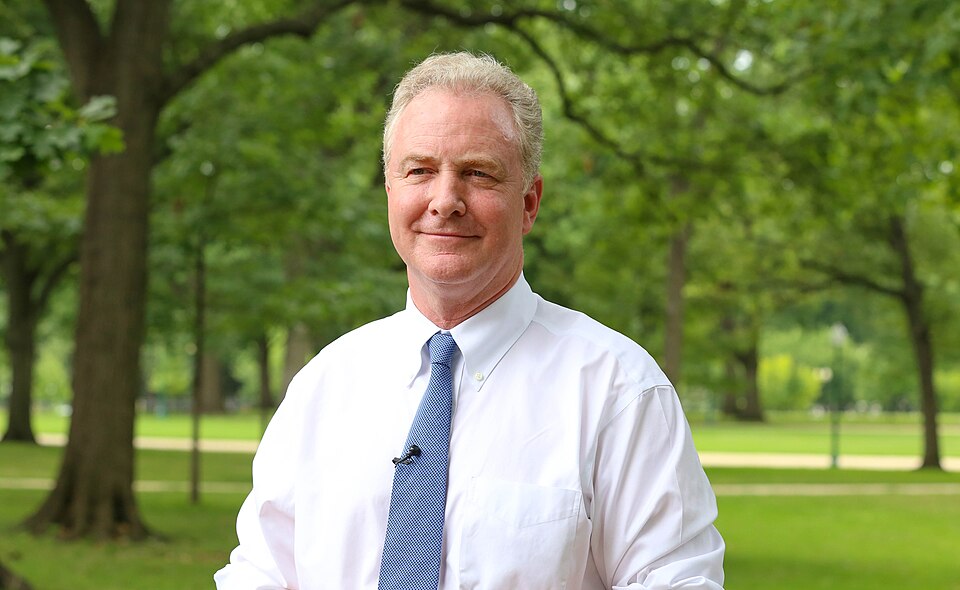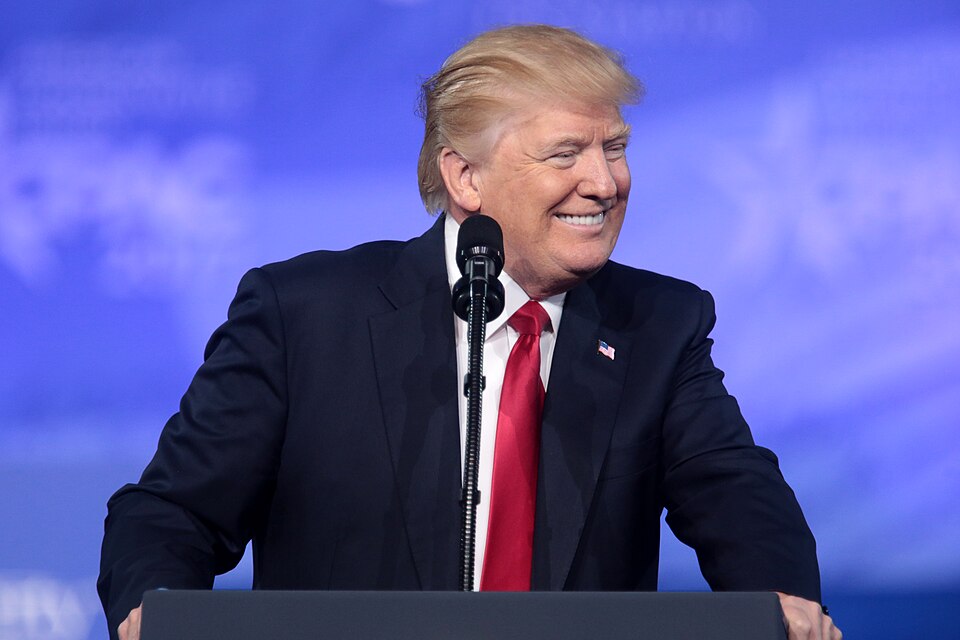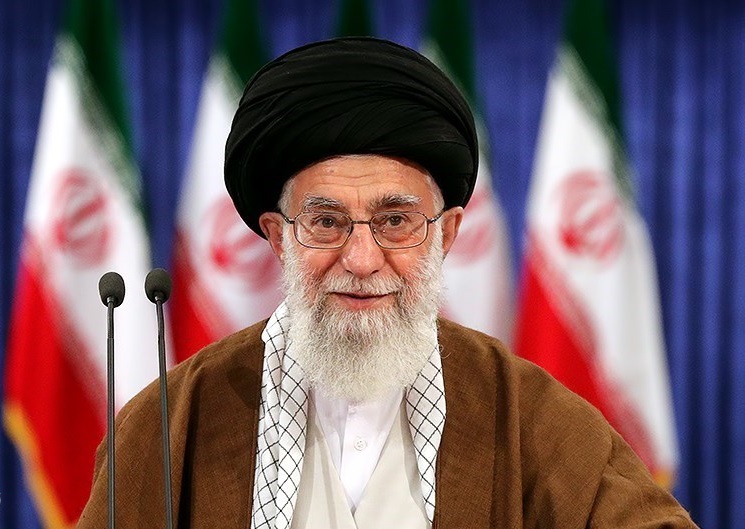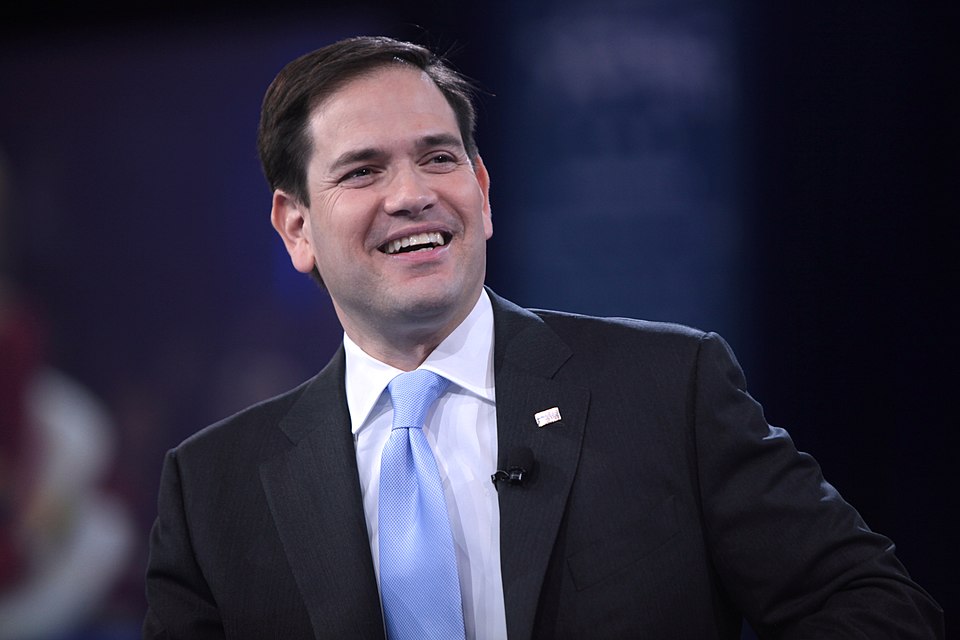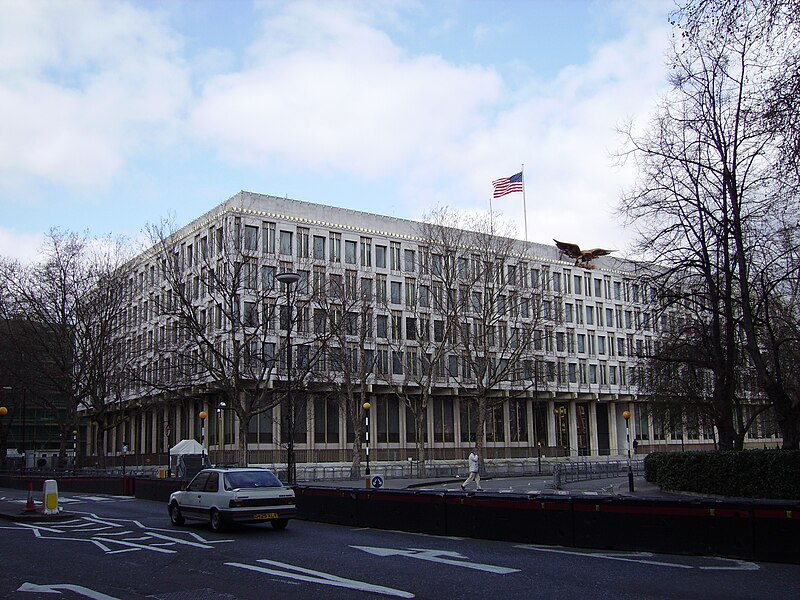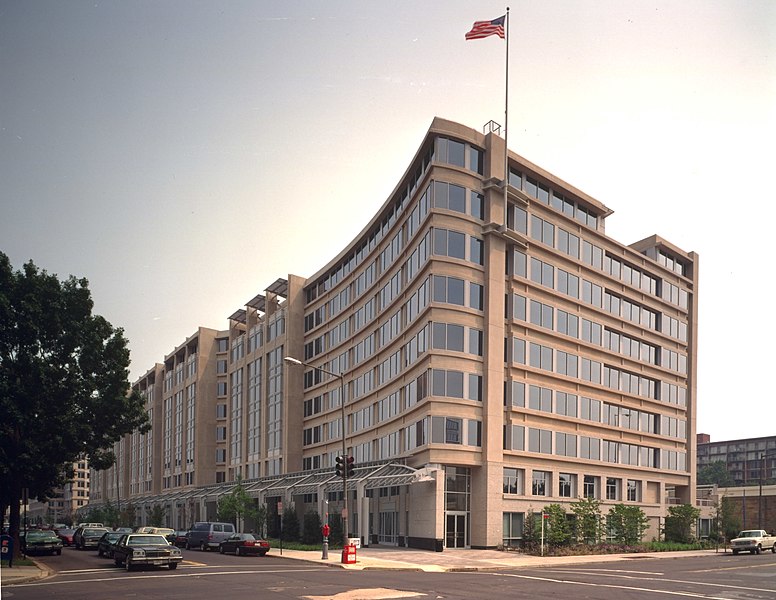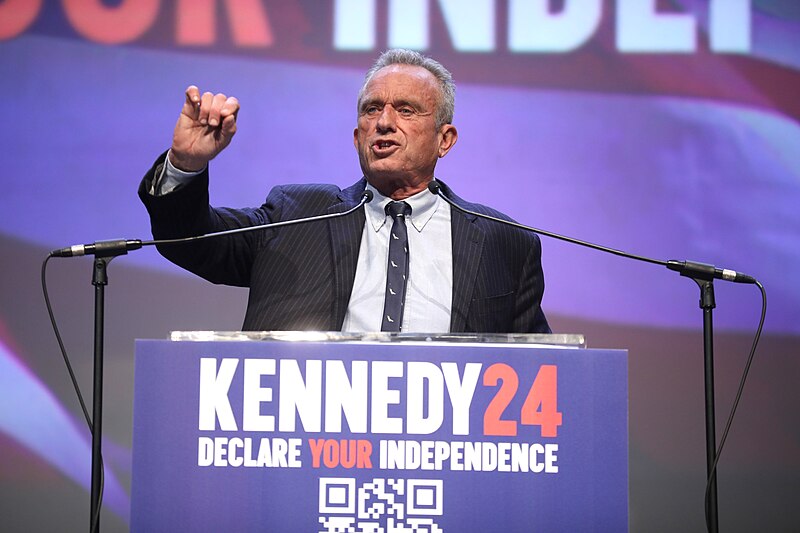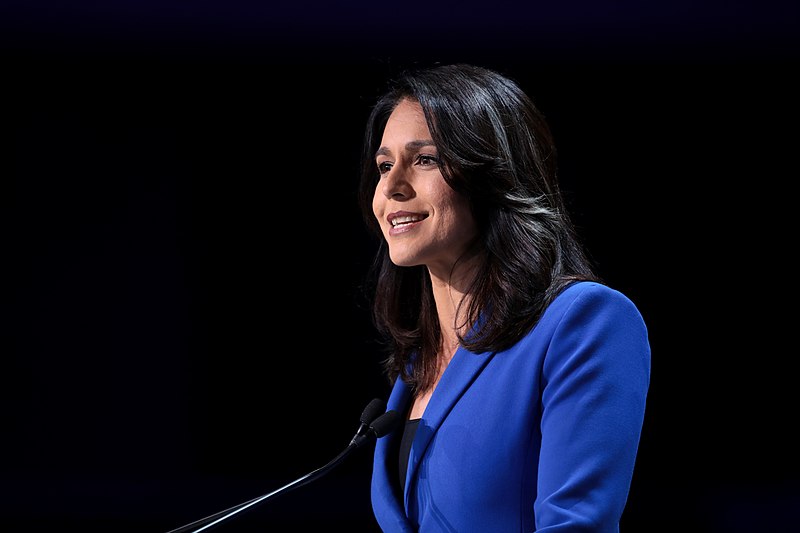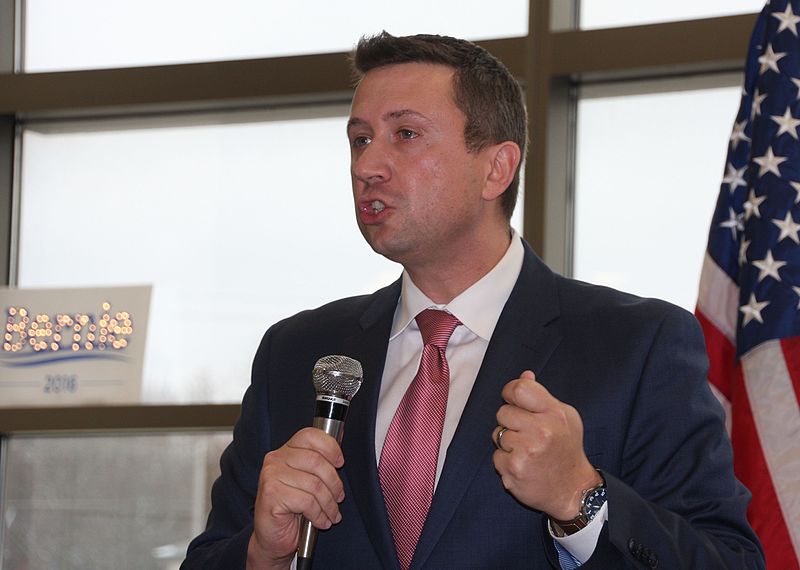
Ken Martin, a seasoned leader in Democratic politics and longtime chair of the Minnesota Democratic-Farmer-Labor Party, has been elected as the new chair of the Democratic
National Committee (DNC). His victory on Saturday marks a pivotal step for a party seeking to regroup and strategize after a challenging 2024 election cycle.
Martin emerged as the frontrunner early in the race, leveraging over a decade of experience and strong relationships with more than 400 voting members of the DNC. His connections proved crucial, securing him a decisive first-ballot victory with over 100 votes more than the second-place finisher, Wisconsin Democratic Party Chair Ben Wikler.
A Race Focused on Strategy, Not Ideology
Unlike the 2017 DNC chair election, which was deeply influenced by ideological divides within the party, this year's contest was centered on organizational experience and fundraising capabilities. Martin, known for his extensive party-building background, faced off against Wikler, who played a key role in high-profile Democratic races, and former Maryland Governor Martin O’Malley, who brought a unique blend of electoral and governmental experience.
In his victory speech, Martin called for unity within the party, emphasizing that the real battle lies beyond internal politics.
“We have one team, the Democratic Party, and we have one fight. The fight’s not in here, it’s out there,” he declared, positioning the party against former President Donald Trump and the powerful interests he represents.
Rebuilding After a Tough 2024 Election
As chair, Martin faces the daunting task of revitalizing a party that ended 2024 without control of the White House or Congress. However, he is not expected to be the party’s sole figurehead. Democratic strategist Matt Corridoni highlighted that while the DNC chair plays a vital role in party operations, the position does not inherently confer overall party leadership.
“The DNC chair is responsible for the nuts and bolts of the party—planning primaries, ensuring state parties are funded, and organizing the next convention,” Corridoni explained.
Martin himself echoed this sentiment, stating that his focus would be on building the infrastructure necessary for Democratic candidates to succeed in upcoming elections.
“This is a new DNC. We are not going to sit back and let Trump and the Republican Party fail the American people without holding them accountable,” he told reporters following his victory.
First Steps: Reviewing the Party’s Strategy
Martin outlined his immediate priorities, including assessing the party’s finances, reviewing contracts, and conducting a comprehensive analysis of the 2024 election results.
“We don’t call it a post-mortem or an autopsy because our party’s not dead—it’s still kicking,” he said. “But we do need to understand what happened. We know we lost ground with Latino voters, women, young people, and working-class voters. What we don’t know is why.”
Throughout the campaign, all leading candidates agreed on the importance of contesting every race nationwide, strengthening grassroots organizing, and evaluating Democratic spending. Despite outspending Republicans in the 2024 presidential race, Democrats failed to secure a win—a misstep Martin aims to address.
An Experienced Leader with Strong Support
Martin positioned himself as the most experienced candidate to lead the DNC. Over his tenure in Minnesota, he maintained an undefeated record in statewide elections, making the state a Democratic stronghold while other Midwestern battlegrounds shifted rightward. As chair of the Association of State Democratic Chairs and a DNC vice chair, he developed strong ties within the party, which helped him secure around 200 public endorsements—far more than any competitor.
His supporters included prominent figures such as Minnesota Governor Tim Walz, the Democratic vice presidential nominee in 2024, and Representative James Clyburn of South Carolina, a key figure in President Joe Biden’s 2020 election success.
Despite Wikler’s strong late-game push—backed by endorsements from House Democratic Leader Hakeem Jeffries, Senate Democratic Leader Chuck Schumer, and major labor unions—Martin’s deep institutional support proved insurmountable.
In his concession statement, Wikler called for unity, urging his supporters to rally behind Martin to ensure the Democratic Party is prepared for the battles ahead.
A Party Seeking Unity Amidst High Stakes
Unlike past DNC chair races, this contest lacked significant ideological divides, but tensions still surfaced. Outgoing DNC Chair Jaime Harrison issued warnings against reports of bullying and intimidation among members regarding their votes, making it clear that such behavior would not be tolerated.
Looking ahead, veteran Democratic leader Rev. Leah Daughtry emphasized the need for Martin to step up as a unifying force, ensuring the party is well-positioned for future electoral success.
“The new chair has to be the visionary that helps our party rise from this moment and win back voters,” she said, underscoring the urgency of defeating Trump and his policies.
With Martin at the helm, the Democratic Party embarks on a crucial rebuilding phase—one that will determine its trajectory heading into the next election cycle and beyond.
Photo by Jonathunder, Wikimedia commons.
